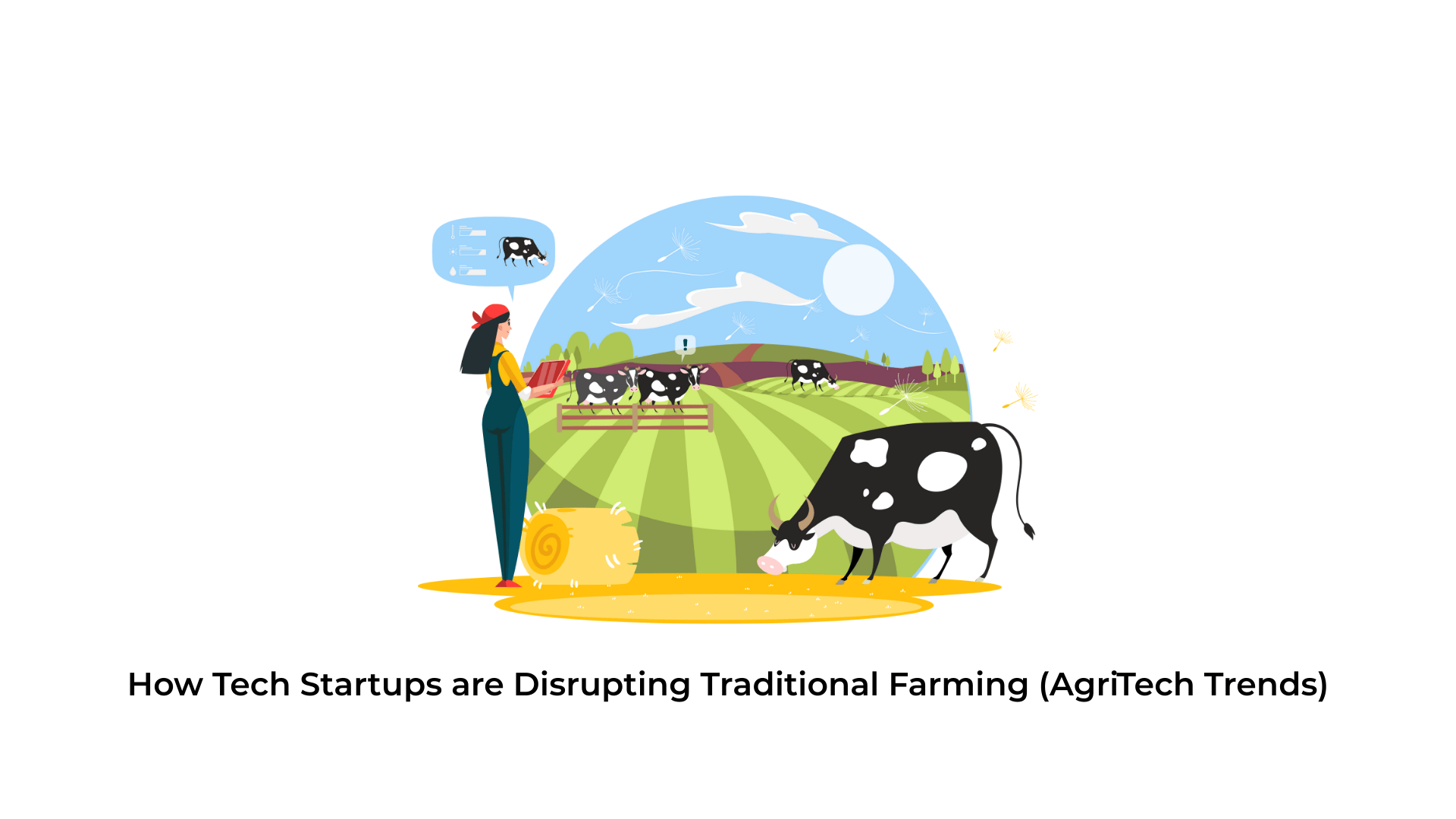Agriculture, one of the oldest human practices, is dramatically transforming, and tech startups are at the heart of this revolution. The AgriTech (Agricultural Technology) sector is reshaping how farmers grow, harvest, and manage food production, from AI-powered soil analysis to drone-assisted crop monitoring.
1. The Rise of Smart Farming
Startups are introducing innovative farming solutions using sensors, Internet of Things (IoT), and real-time data analytics. These technologies help farmers make informed decisions about irrigation, pest control, and fertilization, ultimately increasing crop yields while reducing resource waste.
2. Drones and Aerial Imaging
AgriTech startups leverage drones to map extensive agricultural lands, detect crop diseases early, and monitor soil health. This provides insights that are faster and more accurate than traditional scouting methods.
3. AI and Machine Learning in Crop Management
Machine learning algorithms analyze satellite data, sensors, and weather forecasts to predict crop diseases, pest outbreaks, and ideal harvest times. Startups like Taranis and PEAT are using AI to lead the way in predictive farming.
4. Vertical Farming and Urban Agriculture
With limited arable land and growing urban populations, startups are innovating with vertical farming — growing food in stacked layers indoors using controlled environments. These systems use less water, space, and pesticides, making them highly sustainable.
5. Blockchain for Farm-to-Table Transparency
Consumers are increasingly concerned about where their food comes from. Startups are implementing blockchain to create transparent food supply chains, ensuring traceability from the farm to the grocery shelf.
6. Robotics and Automation in Farming
Harvesting robots, automated tractors, and seeding drones are replacing labor-intensive tasks. Startups like FarmWise and Naïo Technologies are developing robotic systems that help reduce labor costs and increase precision in the field.
7. Climate-Resilient Agriculture
Climate change is one of the biggest threats to agriculture. Startups are innovating climate-smart solutions such as drought-resistant seeds, precision irrigation systems, and adaptive planting schedules based on weather patterns.
8. AgriFinTech: Financial Tools for Farmers
Many small-scale farmers lack access to credit. AgriTech startups are now integrating FinTech to provide microloans, insurance, and digital wallets tailored for rural and agricultural communities.
9. Sustainable Input Management
Startups are creating platforms to recommend eco-friendly fertilizers, optimize pesticide use, and suggest crop rotation practices, helping reduce environmental impact.
10. Farmer Education and Mobile Apps
Tech platforms empower farmers with mobile apps that provide tutorials, expert advice, market prices, and real-time alerts. This democratizes knowledge and reduces the urban-rural tech divide.
Conclusion
Tech startups are transforming how food is grown and helping address global challenges like climate change, food security, and sustainable development. As AgriTech continues to evolve, traditional farming is becoming more efficient, productive, and resilient.

